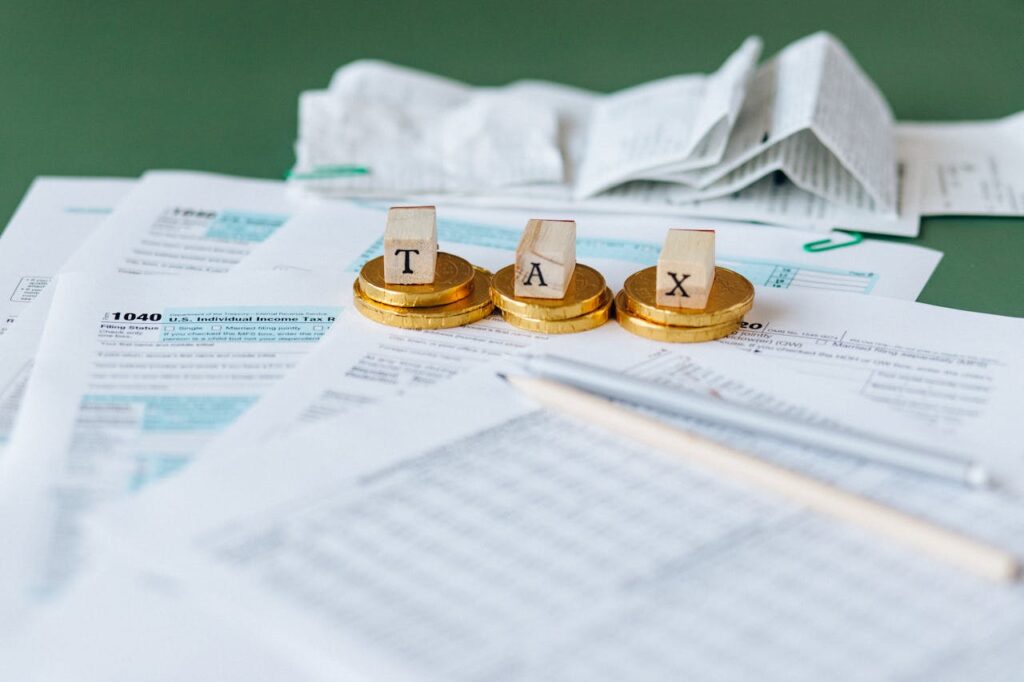Introduction
In Canada, both employees and self-employed individuals may qualify to deduct certain automobile expenses incurred while earning income. Eligibility largely depends on the nature of your work and your ability to substantiate these expenses with proper documentation.
Understanding the criteria, record-keeping requirements, and deduction limits can help ensure compliance with Canada Revenue Agency (CRA) regulations and maximize your tax benefits.
Eligibility for Automobile Expense Deductions
Who Can Claim Automobile Expenses?
An employee may qualify for automobile expense deductions if their job requires them to:
- Perform work away from their employer’s primary place of business.
- Regularly travel to various locations for work-related purposes.
Examples of eligible professions include:
- Salespeople
- Real Estate Agents
- Clergy
- School Inspectors
- Coaches
- Journalists
- Photographers
Conditions for Eligibility
To claim automobile expenses, you must meet the following criteria:
- Your employer requires you to use your personal vehicle for work.
- You do not receive reimbursement for these expenses or have reimbursement included as a taxable benefit.
- Your employer completes and signs Form T2200, Declaration of Conditions of Employment.
Deductible Automobile Expenses
Eligible automobile expenses for both employees and self-employed individuals include:
- Fuel: Gasoline or diesel costs.
- Maintenance and Repairs: Routine servicing, tire changes, and unexpected repairs.
- Insurance: Premiums paid for vehicle coverage.
- Registration Fees: Annual vehicle licensing costs.
- Loan Interest: Up to a maximum of $300 per month for interest on loans for purchasing the vehicle.
- Depreciation: Capital Cost Allowance (CCA) for business use of your vehicle.
- Parking and Tolls: Costs incurred directly for business purposes.
Best Practices for Claiming Automobile Expense Deductions
Maintain a Detailed Car Log
A comprehensive car log is essential to substantiate your claim for business-related automobile expenses. Your car log should include:
- Date of each trip.
- Starting and ending odometer readings.
- Point of departure and destination.
- Purpose of the trip (e.g., client meetings, site visits).
- Specific costs related to the trip (e.g., parking, tolls).
Additionally, record the odometer reading at the beginning and end of each year to calculate the percentage of business use versus personal use.
Tip: Smartphone apps are available to simplify car log maintenance.
Exclude Personal Trips
The CRA does not allow deductions for personal trips, which include:
- Commuting between home and work.
- Running errands unrelated to work.
- Family outings or vacations.
- Any non-business-related travel.
Specific Requirements for Employees
Employees claiming automobile expense deductions must provide a completed and signed Form T2200 from their employer. This form certifies that your vehicle usage is required as part of your job responsibilities.
Avoiding CRA Challenges
The CRA often audits automobile expense claims to ensure accuracy and compliance. Here’s how to protect your claim:
- Keep Receipts: Retain all receipts for fuel, repairs, insurance, and other deductible expenses.
- Maintain a Car Log: Consistently record all business-related trips.
- Separate Business and Personal Use: Use a percentage-based approach to calculate the deductible portion of expenses.
In case of an audit, a well-documented car log and supporting receipts will strengthen your claim. Without proper documentation, you may face disallowance of your deductions. While the Tax Court may accept credible testimony in certain cases, litigation is time-consuming, costly, and uncertain.
Tax Benefits of Accurate Record-Keeping
A detailed car log not only substantiates your automobile expense claims but can also reduce the taxable benefit if your employer provides you with a vehicle. By tracking the percentage of business versus personal use, you can lower the taxable benefit included in your income.
Conclusion
Claiming automobile expense deductions can provide significant tax savings for employees and self-employed individuals. However, proper documentation, such as a detailed car log and Form T2200, is essential to ensure compliance with CRA requirements. If you face an audit or have questions about automobile expense deductions, consulting a tax professional can help protect your claim and optimize your tax benefits.
For personalized advice or assistance with automobile expense claims, contact our experienced Toronto Income Tax Accountants to schedule a consultation.
This article is written for educational purposes.
Should you have any inquiries, please do not hesitate to contact us at (905) 836-8755, via email at [email protected], or by visiting our website at www.taxpartners.ca.
Tax Partners has been operational since 1981 and is recognized as one of the leading tax and accounting firms in North America. Contact us today for a FREE initial consultation appointment.


